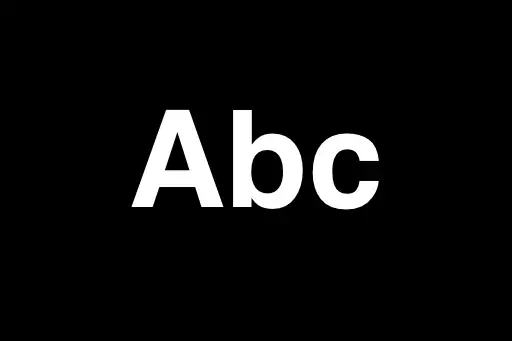Understanding the Problem
We are given a sorted array and a target number called key. Our goal is to find the last occurrence (also called the rightmost index) of this key in the array.
Since the array is sorted, we can use a powerful technique called binary search to solve this efficiently in O(log n) time. However, we need to slightly modify the traditional binary search so that instead of stopping at the first match, we continue looking toward the right side of the array. This way, we ensure that we don’t miss any later occurrences of the same number.
Step-by-Step Solution with Example
Example
Input: arr = [2, 4, 10, 10, 10, 18, 20], key = 10
Expected Output: 4 (since the last occurrence of 10 is at index 4)
Step 1: Initialize Variables
We begin by setting two pointers: start = 0 and end = length of array - 1. We also set a result variable res = -1 to store the index of the last occurrence (if found).
Step 2: Apply Binary Search
We now enter a loop while start <= end. In each iteration, we calculate the middle index: mid = Math.floor((start + end) / 2).
Then, we compare arr[mid] with the key and take action:
- Case 1: arr[mid] == key
We have found an occurrence! But we still want to find if there’s another occurrence further to the right. So, we set res = mid and update start = mid + 1.
- Case 2: arr[mid] < key
The key must be on the right, so we move the start pointer to mid + 1.
- Case 3: arr[mid] > key
The key must be on the left, so we move the end pointer to mid - 1.
Step 3: End of Search
The loop ends when start > end. At this point, the value of res will either hold the last occurrence index or remain -1 if the key wasn't found.
How the Code Handles Edge Cases
- If the key occurs once: We find and return that index.
- If the key occurs multiple times: The algorithm continues to search toward the right, updating the result every time it finds a match, and ultimately returns the last index.
- If the key does not exist: No match will be found, and the result stays at
-1.
- If the array is empty: The loop never runs, and
-1 is returned immediately.
By continuing the search even after finding a match, we make sure we don’t stop too early. This makes our approach robust, especially when the target number appears multiple times. And because we are cutting the search space in half each time, the time complexity is only O(log n), which is very efficient for large arrays.












Comments
Loading comments...